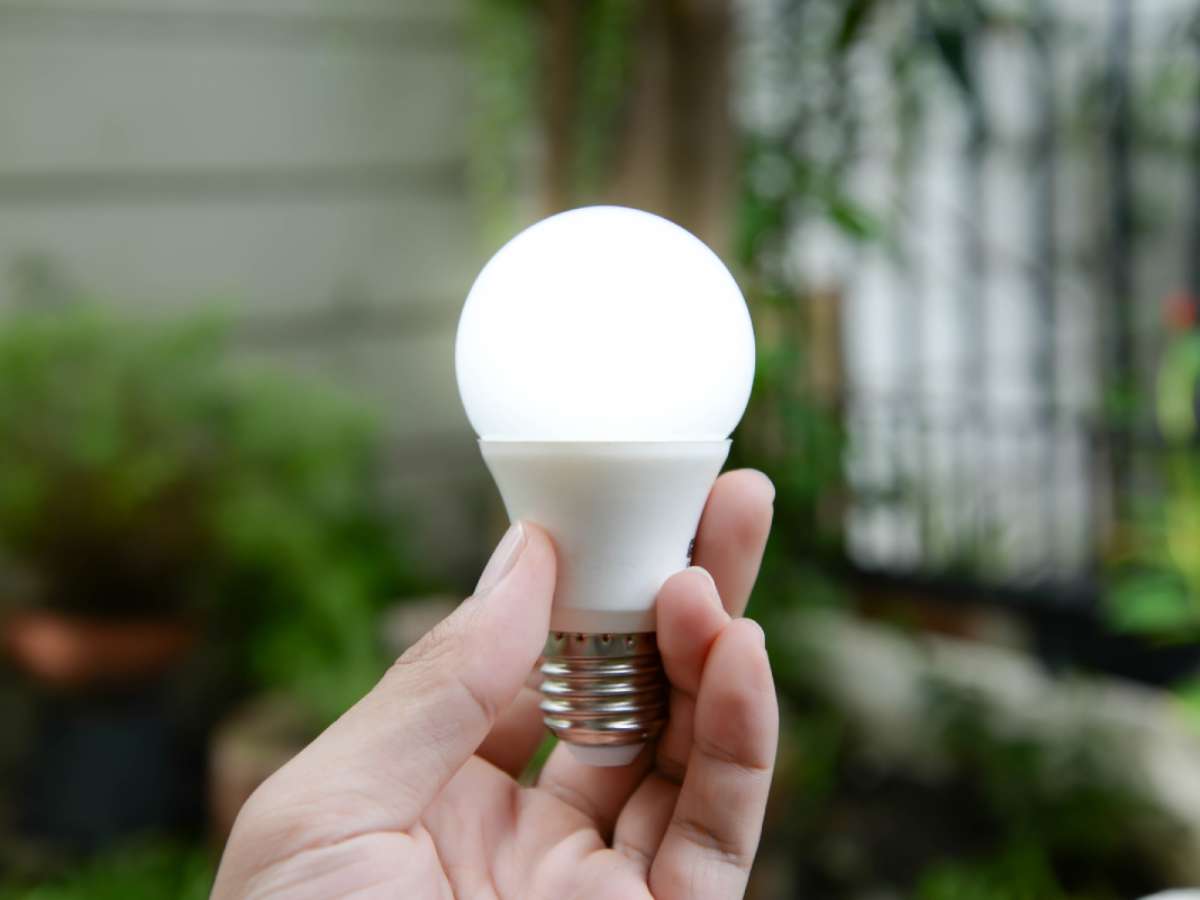 “If gas prices climb, just 7% of Americans will consider buying a more fuel-efficient vehicle,” says a recent MSN/Zogby Poll.
“If gas prices climb, just 7% of Americans will consider buying a more fuel-efficient vehicle,” says a recent MSN/Zogby Poll.
With the average price of gas here in the US being over $3 a gallon, what will motivate us to start considering other vehicle and fuel options?
If you are, however, in that 7%, how do you know what vehicle is best for you?
Do you go hybrid, electric, diesel, bio-diesel, or hydrogen? How do you choose from all the options?
MSN Autos has a great section of their site called Green Central. If you head on over there, a plethora of useful information abounds. One such article, written by Ann Job, is called Don’t Be Fueled: Gas vs. Diesel vs. Hybrid Power, and it’s definitely worth a read!
In the article, Job deals with such hot topics as actual vs sticker mpg ratings, pricing, efficiency, and tax breaks. Yes, that’s right, tax breaks for buying a hybrid automobile!
Let’s take a look at some of the key facts when considering a more efficient automobile to save you money at the gas pump:
#1 – Studies show the average driver has been getting only 75% or so of the mileage figures that are on the sticker of their new vehicle.
#2 – Under the new mileage rating system that will be implemented by the EPA later this year, gasoline-electric hybrid vehicles’ miles-per-gallon calculations will be dropping by as much as 20%. The best-selling hybrid vehicle in the world, the Toyota Prius, for example, will be rated at 48 mpg in the city instead of last year’s rating of 60 mpg.
#3 – Gasoline-electric hybrid vehicles typically are priced higher than non-hybrid counterparts — anywhere from a couple thousand dollars to several thousand dollars. Some of the price difference also may be recouped by a one-time federal tax credit. In the case of the Honda Civic Hybrid, the maximum credit is $2,100. Additionally, some companies offer money to employees who buy hybrids.
#4 – Diesels are known for getting extra mileage out of every gallon of fuel. They offer better torque than many gasoline engines. And their price differential over gasoline models generally is much smaller than that for hybrids.
#5 – Thanks to cleaner diesel fuel with lower sulfur content now available in the U.S. and new vehicle technology that filters or traps troubling engine particulate emissions, diesel engines are cleaner than ever.
What If You Don’t Want A Diesel Or Electric Vehicle?
Some of you may say, “But what if I’m in the market for a new car and don’t want to go diesel or electric? What are my options then?”
Well, as Ann Job notes in the above-mentioned article, the Nissan Sentra with continuously variable transmission, as well as the Kia Rio, Honda Fit, Nissan Versa, and Toyota Corolla are all good options and actually have higher combined fuel economy ratings than that of the Mercedes-Benz E-Class diesel.
The key factor when shopping for gasoline-powered vehicles is to go lightweight!
What If You Can’t Buy A New Car Right Now?
Can you still save money at the pump in your current vehicle?
Sure you can! Here’s how:



